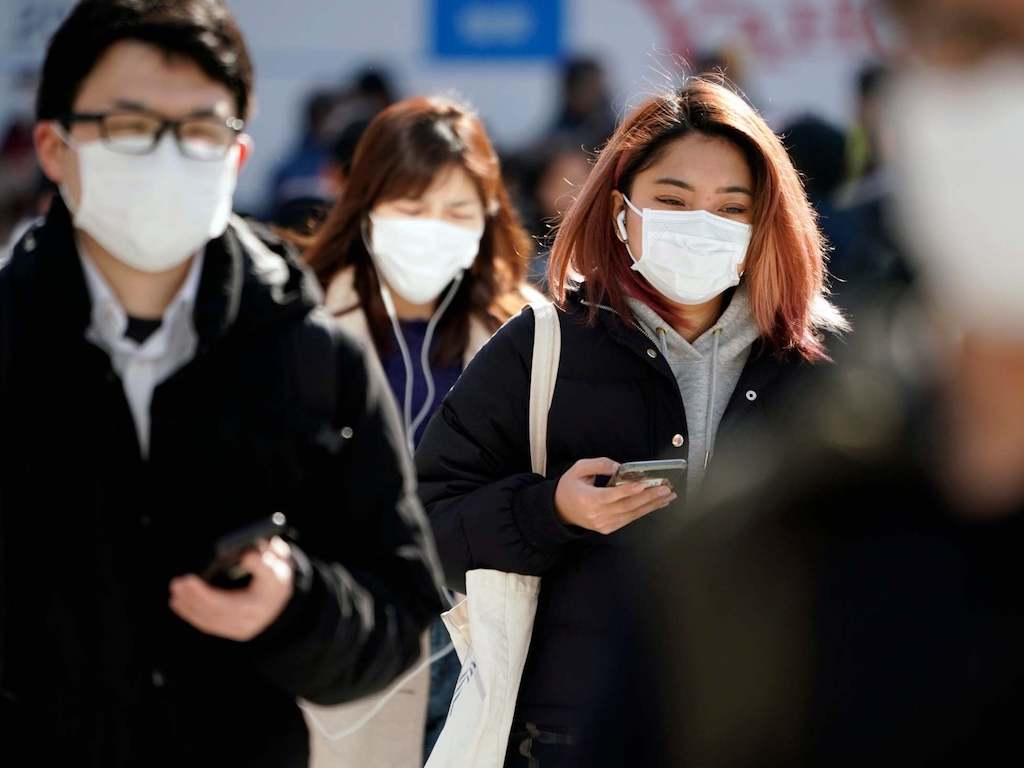7 Mins Read
How can we protect ourselves from the current coronavirus outbreak whilst minimising our impact on our planet, which is already facing a multitude of ecological threats, from rising temperatures to overflowing landfills?
The novel coronavirus (2019-nCoV) outbreak originating from Wuhan, China has killed more than 560 people worldwide and infected more than 28,000 people in over 25 countries around the world, as of press time. As the world continues to brace itself for more cases of infection countries are battling the spread of the coronavirus, it is important to take personal precautions to protect yourself. But is there an eco-friendly way to do so?
Face masks
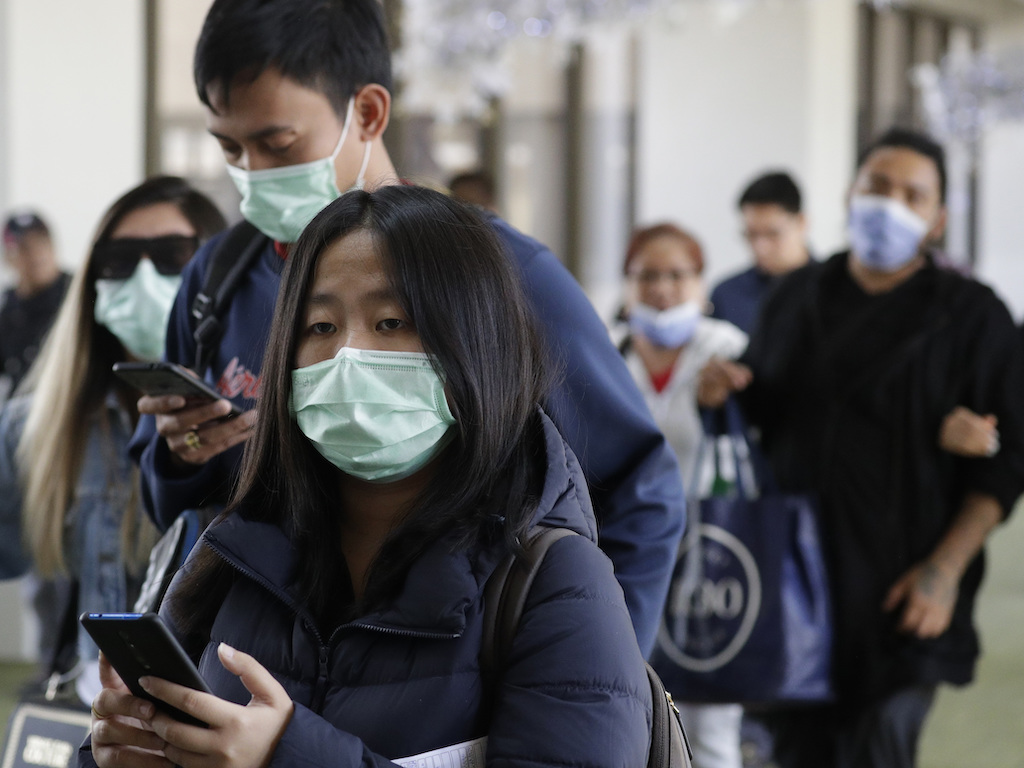
While we do not advocate for the use of single-use disposable items, it is vital that precautions are taken when necessary, such as during cases of public health crises. In this case, medical experts across the board agree that surgical face masks, which must be disposed after use, should be worn, especially if you are in crowded areas. Top microbiologists Dr Ho Pak-leung and Yuen Kwok-yung have both recommended the public to wear a surgical face mask as a general preventative measure.
Read our previous news coverage on 2019-nCoV and tips on precautions, surgical masks and immune-boosting advice here.
Typical disposable surgical face masks (ones that tend to be coloured on the outer layer, not activated charcoal, paper or cotton masks) are effective because they are composed of 3 layers, and are designed to filter droplets from a sneeze or cough that can transmit the coronavirus. For now, most reusable masks are unlikely to be effective because the pores in the material or fabric are larger than 0.3 microns, which cannot trap or filter droplets. In addition, washing masks can aerolise the germs–the droplets containing infectious virus or bacteria can be spread.
If you happen to be out all day, particularly if you will be visiting different crowded areas, you may want to carry an extra mask in your bag to change into during the day. To minimise the footprint, you can carry it around in a reusable alternative to ziplock bags, such as silicone Stasher bags, which you can easily wash and sanitise when you are home.
However, developments are currently underway to try and create an effective face mask that is reusable, especially in light of the limited supply of surgical face masks and the environmental footprint it will ultimately leave behind.
Read more about what type of mask you should be wearing here.
Packaging-free disinfecting
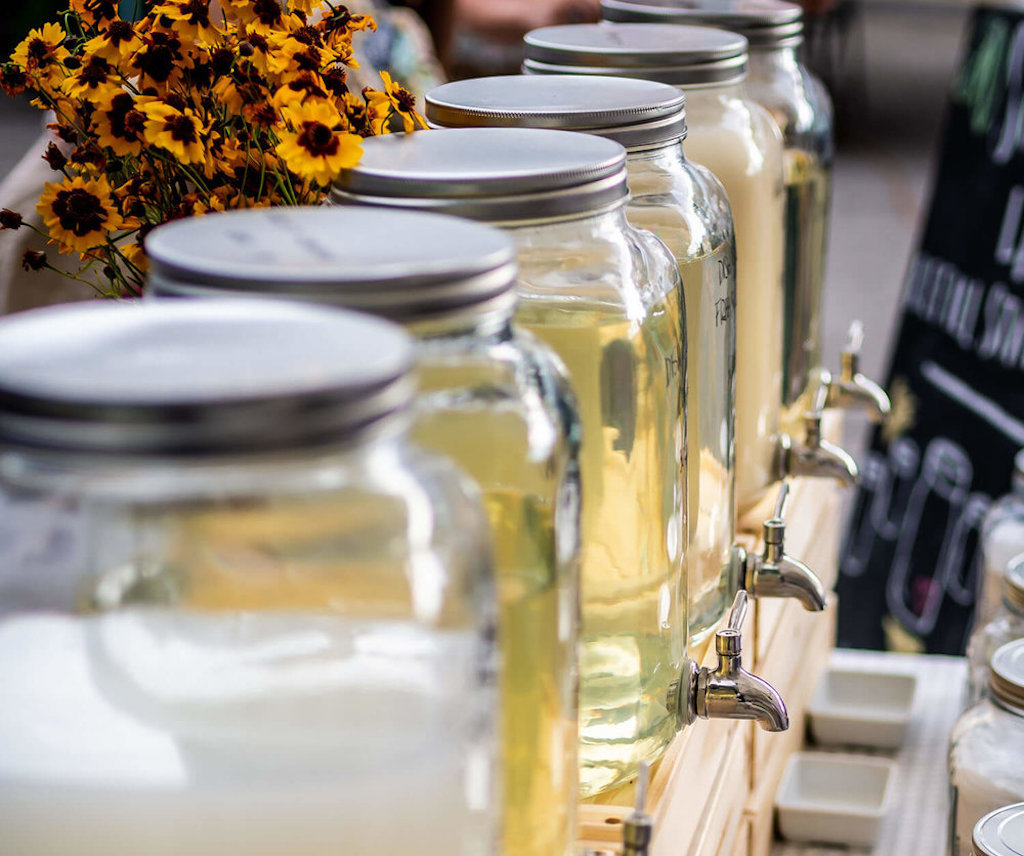
We now live in a time where we carry our phones and other devices around with us all the time. And we tend to touch our phones, laptops and tablets throughout the day, when we’re out and about and at home, even before we sleep! According to Dr Melody Leung, biology professor at HKUST, it is a good idea to disinfect the objects that we frequently touch using alcohol, including electronic devices such as computer keyboards and phones.
Now to do this the eco-friendly packaging-free way, there are select bulk refill stores across Asia and in Hong Kong that sell cleaning solutions, including 75% and 99% ethanol, which you can purchase using your own refillable and reusable container.
Cleaning your home with eco-products
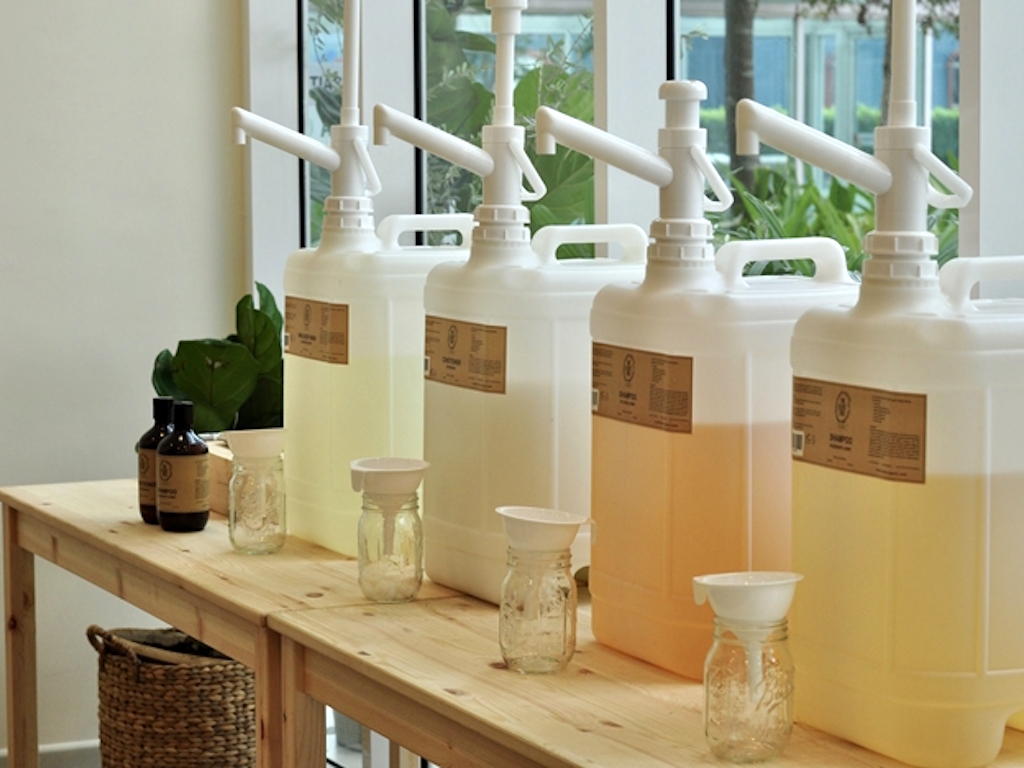
Many refillable and bulk stores will also stock various natural, toxin-free cleaning substances and household cleaning products, such as acetic acid vinegar, baking soda, borax, citric acid anhydrous and multipurpose toilet and floor cleaners, which means that you can bring your own home-sanitised jars, bottles and containers.
Another option for eco and health-conscious who may wish to avoid conventional toxic cleaning products that often contain harsh substances that can not only cause skin irritations but also contribute to water pollution and contamination, there have been scientific studies to back the use of lactic acid.
Lactic acid is a safe, bio-based and biodegradable option for anti-microbial use, and does have proven efficacy against bacteria and certain viruses. Lactic acid-based cleaning solutions can be found in select specialty stores in Hong Kong such as Foodcraft and bulk store Slowood.
Hydrating your drain outlets
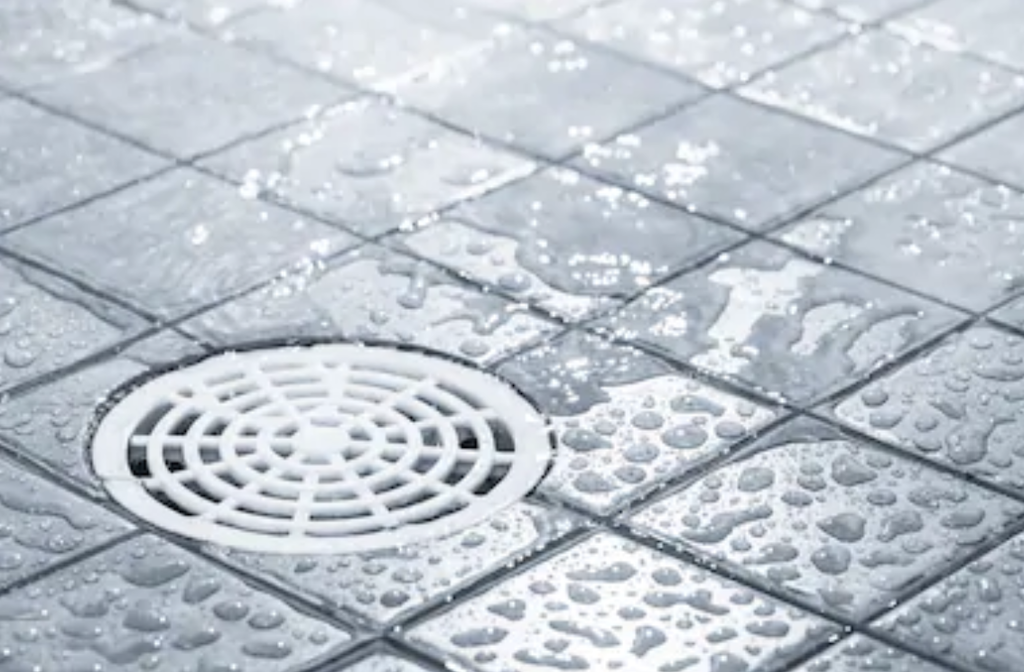
The Hong Kong Centre for Health Protection (CHP) has recommended that drains in toilets and kitchens should be hydrated regularly. This is because during the 2003 SARS epidemic, an outbreak occurred in Amoy Gardens where over 300 residents were sickened and 42 died due to transmission via sewage and drainage pipes that had a dried U-trap. Therefore, experts advise all citizens to pour some water into each drain outlet each week to ensure they are not dried and are functioning properly–this is a precaution that requires only water and a funnel.
Packaging-free shopping

Of course, packaging-free shopping is still absolutely a part of living zero-waste during the coronavirus outbreak. Some shoppers might have hygiene concerns regarding packaging-free bulk stores, and it is probably a good idea to avoid open air bulk stores at the moment, However, some bulk stores such as Live Zero and Edgar do disinfect regularly to maintain the highest hygiene and food safety standards, and their stock is kept in closed boxes, jars and containers. So there is no reason to turn away from trying to buy as many of your food staples the packaging-free way as possible. If you do need to purchase from supermarkets, especially if you happen to be living a distance from bulk stores and wish to avoid large crowds and transportation, consider avoiding plastic-packaged products, and consider choosing items with minimal glass or paper packaging.
Going plant-based
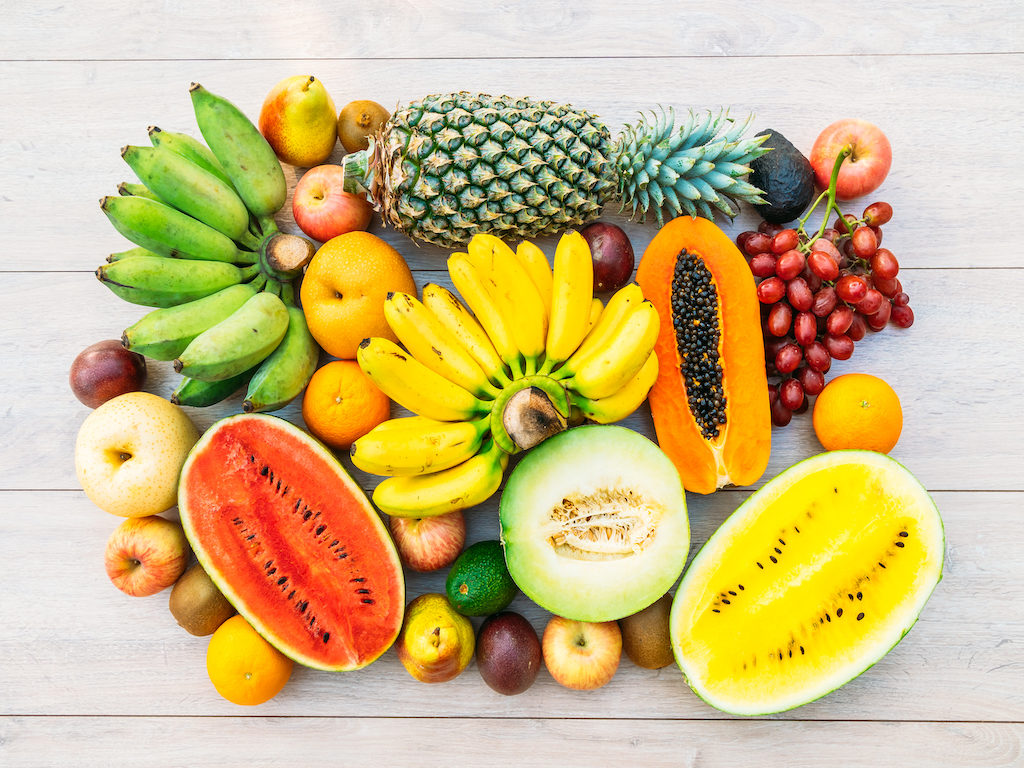
Ditching meat and dairy or switching to a more plant-centric diet is one of the most effective ways to reduce your carbon footprint on the planet. Animal agriculture is responsible for almost a fifth of global greenhouse gases, as well as contributing to land and water waste and contamination.
More importantly and especially relevant during the coronavirus outbreak, plant-based diets can help boost your health: a recent University of Oxford study found that sustainable foods, which are mostly plant-based, tend to be the healthiest and is correlated with a lower risk of a number of acute and chronic diseases.
This is also an important time to be loading up on Vitamin C-rich foods, which are found in the highest quantities in fruit and vegetables, such as Brussels sprouts, lemons, strawberries, oranges, papayas, mangoes and broccoli.
Plus, with the current novel coronavirus being linked to a seafood market in Wuhan that also sold a number of wild game animals, choosing to stay away from contributing to the animal and other wild meat industry by going plant-based is a great way to help decrease the demand for a trade that is in large part responsible for novel coronavirus outbreaks.
Doing some exercise
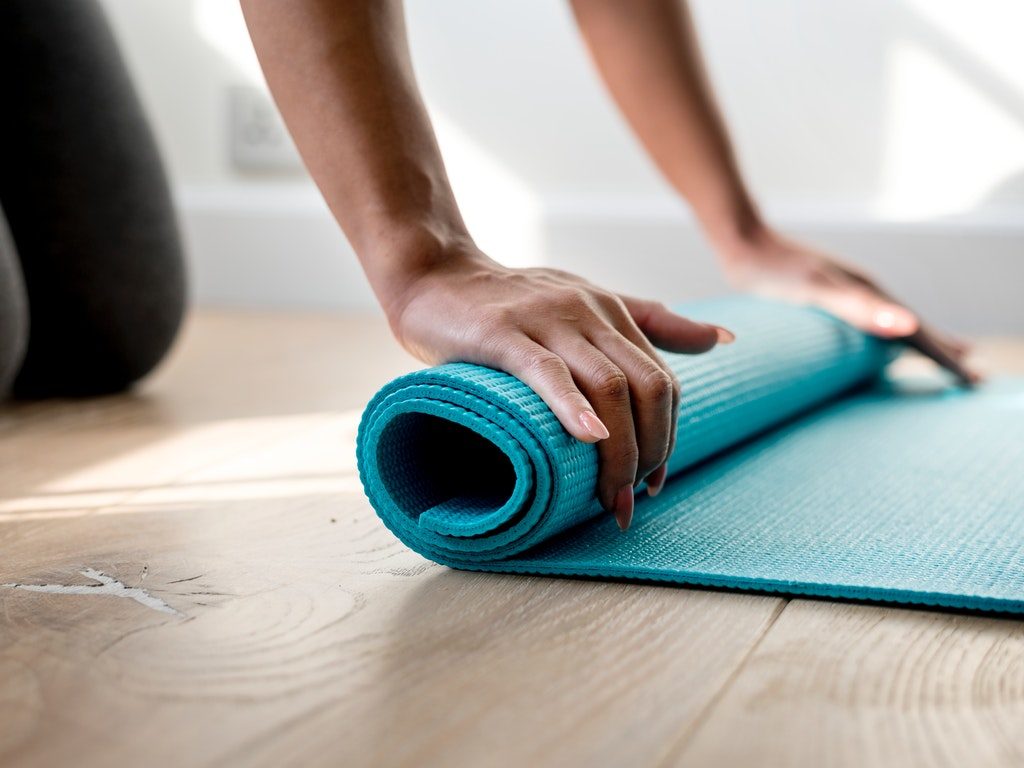
Our physical and mental health are linked, so it’s important to look after our minds too during this time of high stress and anxiety about the novel coronavirus. And one of the best ways we can boost our mental wellbeing is through exercise, which releases chemicals like endorphins and serotonin to improve our mood, help with depression, sleep and anxiety, just to name a few.
Hong Kong mental health charity Mind HK is currently running a campaign called Move It For Mental Health, which encourages all of us to exercise for at least 30 minutes each day. Rather than it being just about attending crowded group exercises, your participation in the campaign can be done individually at home or in outdoor open spacious areas like parks or on some of Hong Kong’s beautiful trails.
Other ways to naturally boost your immune system
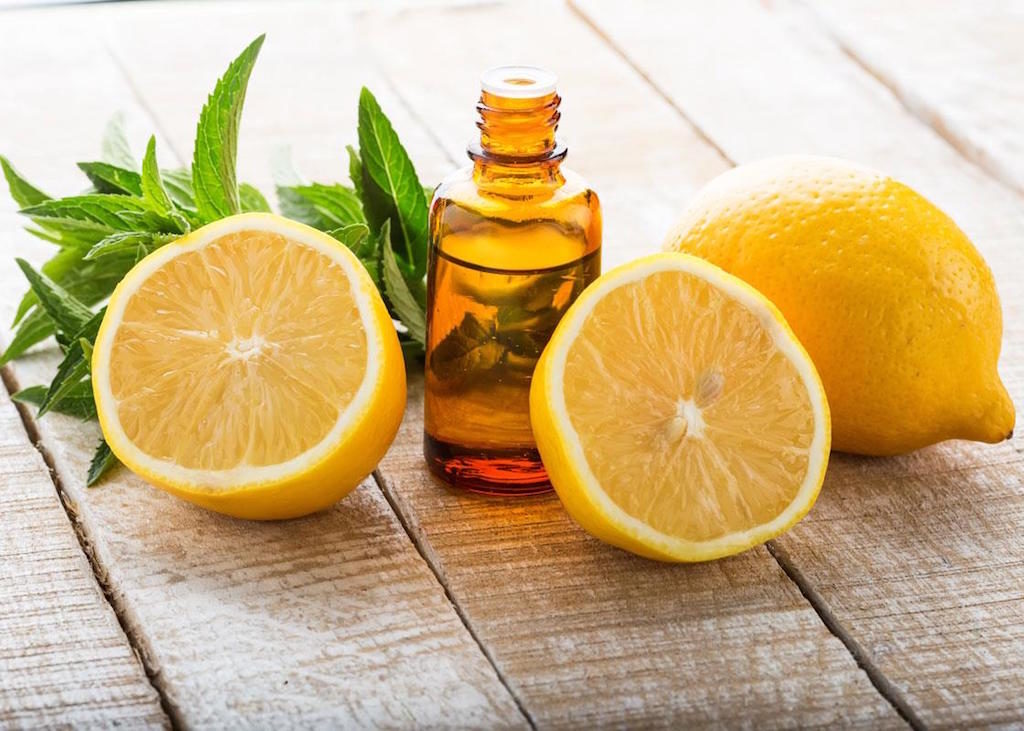
In addition to practicing good hygiene and common sense habits such as regularly washing hands with soap and water for at least 20 seconds, making sure that we sneeze or cough into a tissue or flexed elbow, and making sure to see a health professional as soon as we feel unwell, there are a number of natural eco-friendly ways to help our bodies prevent infection through boosting our immune system.
There are a number of traditional medicine immune-boosting tricks, such as warming up with a mug of turmeric plant-based milk, which increases the immunomodulating capacity of our body, sleeping more than usual, and staying hydrated with filtered lemon water throughout the day. Some aromatherapy experts also suggest helping ward off bacterial and viral infections through using certain natural essential oils.
Read more about natural immune-boosting advice & tips on how to use essential oils for viral infections.
Lead image courtesy of the Independent.


